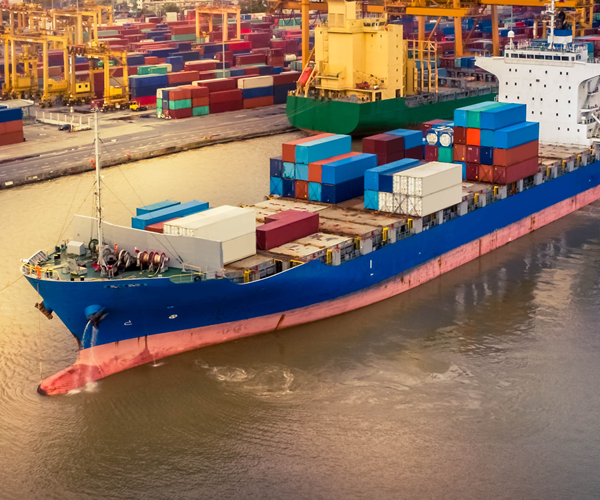Tax on the Transfer of Industrialized Goods and Services (ITBIS): The ITBIS is a value-added tax, which taxes the transfer and import of manufactured goods, and the provision and rental of services. Both individuals and legal entities are subject to the obligation to pay this tax, provided they carry out transfers and imports of manufactured goods, or provide services. The rate of this tax is 16%, and is calculated on the price of the taxed transfer or the service provided.
Real Estate Property Tax (IPI): The IPI is a tax applied to homes and plots of land located in urban areas where no construction has been erected, the value of which, including the plot, is greater than RD$ 5,000,000.00, adjusted annually for inflation. The rate applied is 1% applied to the surplus of the value of the home, or 1% applied to the surplus of the value of the land.
Tax on Assets: The Asset Tax is levied on all assets listed on the taxpayer's balance sheet, not adjusted for inflation, after applying deductions for depreciation, amortization, reserves for doubtful accounts, investments in shares in other companies, land located in rural areas, real estate by nature of agricultural operations and advance taxes or advance payments. The tax rate is 1% per year, calculated on the total amount of taxable assets.
Other Taxes: In addition to the above, the taxpayer of the Dominican Republic is subject, depending on the origin of the tax obligation, to the payment of: Selective Consumption Tax; Taxes on Inheritances and Donations; Taxes on Motor Vehicles; Tax on Casinos; Tax on Conditional Sale of Furniture, among others.
Along with the taxes described above, in order to encourage investment in certain productive sectors, the legislator has voted tax incentive laws, which constitute legal frameworks tending to reorganize the application of fiscal policy, in relation to a given productive regime. These laws have constitutional recognition, since our Magna Carta establishes that the law can grant special treatment to investments located in areas with a lower degree of development or in activities of national interest, particularly those located in border provinces (Article 221 of the Constitution).
The Constitution also regulates the granting of exemptions, exonerations, reductions or limitations on taxes, contributions or fiscal or municipal rights that affect certain works or companies that should attract new capital investment for the promotion of the national economy or for any other object of social interest, such as, for example, the tourism sector.
In the Dominican Republic, the following incentive laws stand out:
– Law No. 84-99 on the reactivation and promotion of exports;
– Law number 28-01 creating a Special Border Development Zone, covering the provinces of Pedernales, Independencia, Elías Piña, Dajabón, Montecristi, Santiago Rodríguez and Bahoruco, amended by Law number 236-05;
– Law number 158-01 on Tourism Incentives, amended by Law number 184-02;
– Law number 56-07 which declares the sectors belonging to the textile chain as national priority;
– Law number 57-07 on Incentives for Renewable Energy and Special Regimes;
– Law number 171-07 on Special Incentives for Pensioners and Annuitants of Foreign Sources;
– Law No. 392-07 on Competitiveness and Industrial Innovation;
– Law number 108-10 for the Promotion of Cinematographic Activity, modified by Law number 257-10.









